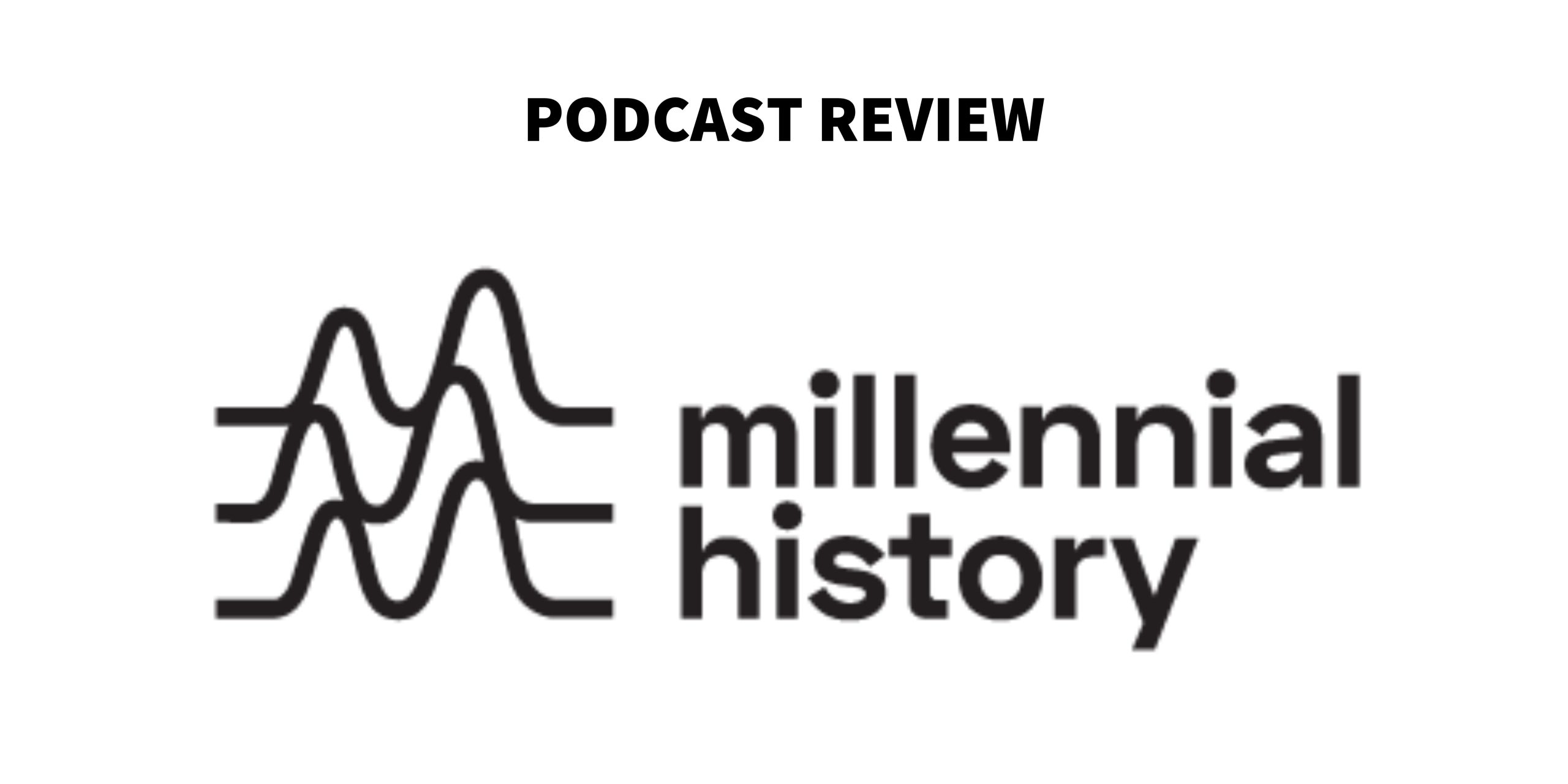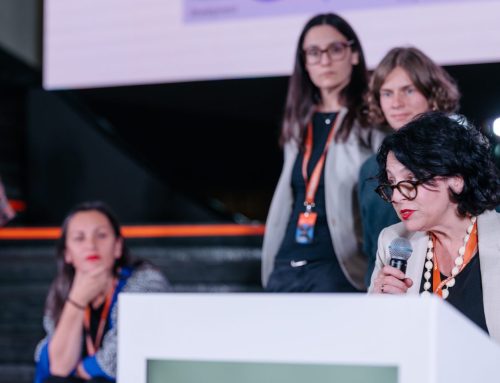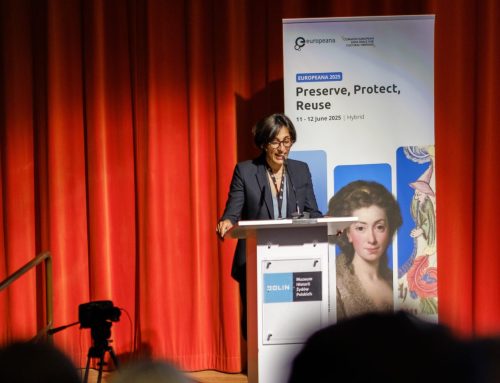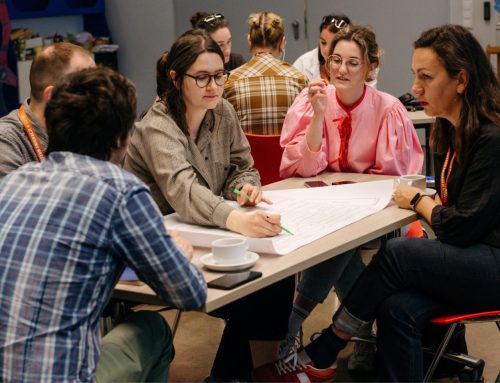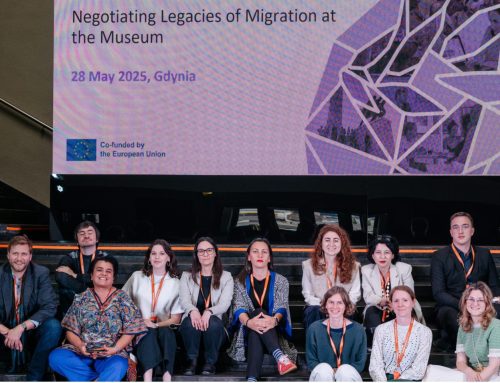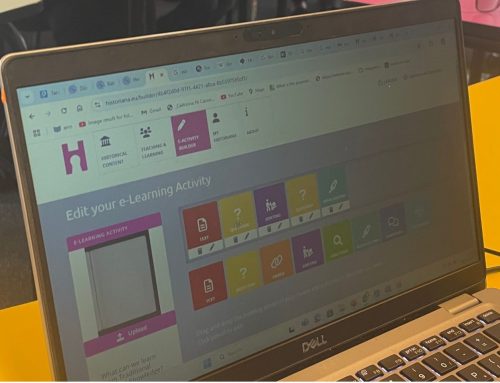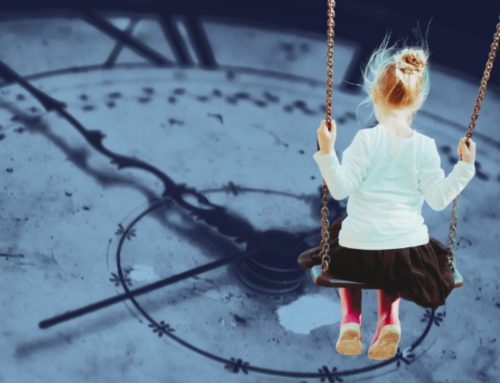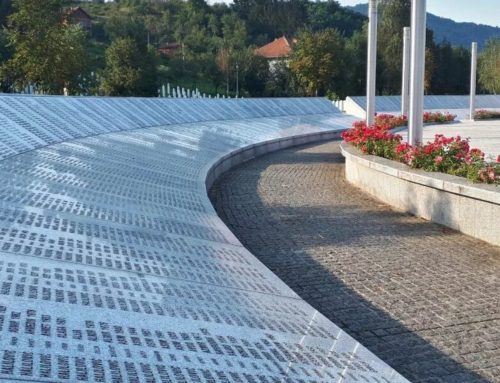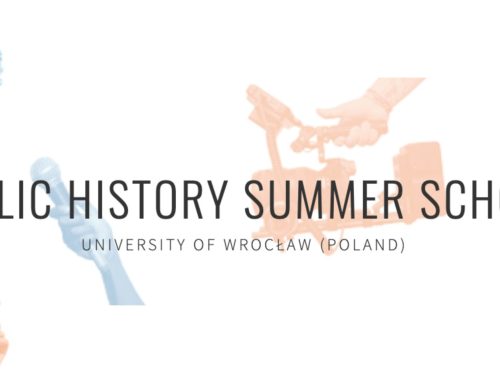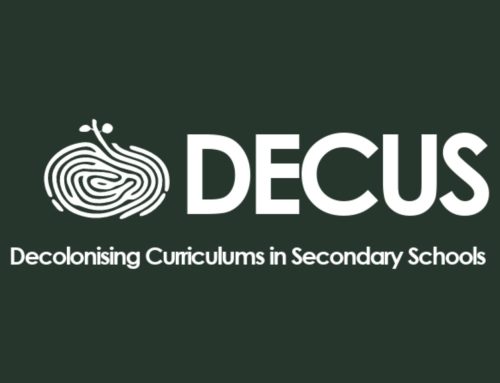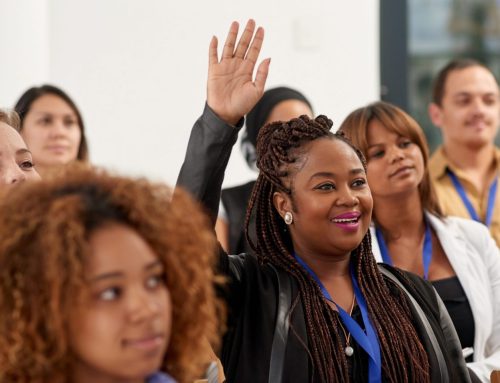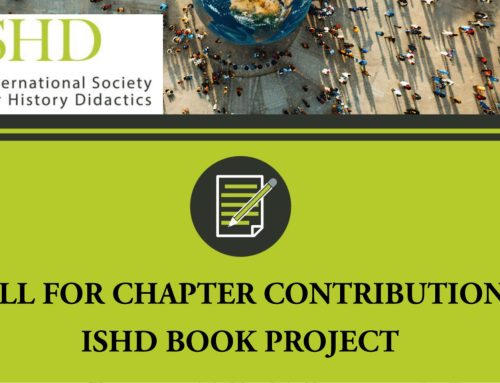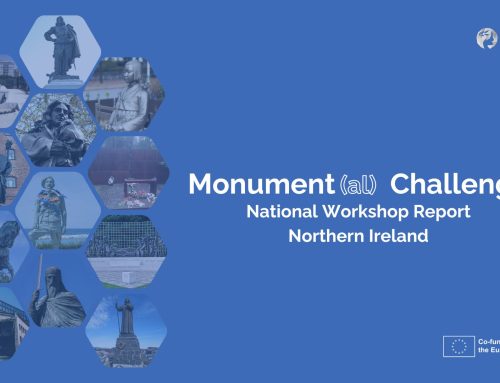“Millennial History”, created by Resonate Productions and Are We Europe, highlights by means of podcast experiences and memories of millennials (a generation which was born roughly between mid-1980s and late-1990s) who lived through the world-changing events in the recent past. As the creators indicate, the conversations are primarily focused on “deep stories”: “the reality as millennials experienced it back then as children, that shaped the blueprints for their lives.”
The depth and variety of discussed topics is reflected in themes of two episodes I had the opportunity to listen to. Aki, a millennial from Sicily, witnessed the mafia blow up the highway behind his grandmother’s house, killing judge Giovani Falcone in 1992. It became a watershed moment for the creation of his political awareness as well as a vital point of reference in the collective memory of the whole island. Another episode considered the recollections of individuals who were brought up in the German Democratic Republic, prior to Germany’s unification in 1990. Here, the sense of undisturbed childhood coincided with the existence of a repression apparatus and the collapse of the state.
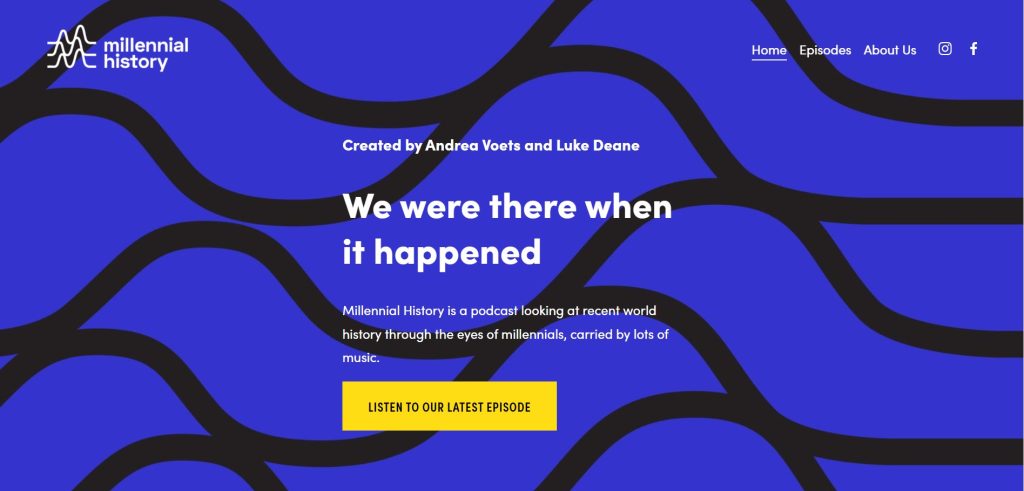 Behind grand political, economic or cultural shifts there have always been personal stories of individuals with varied perspectives and emotional attachments. The podcast makes this “old truth” very vivid and convincing. For instance, the accounts from GDR touch upon the impact of growing up in a country which no longer exists today and, hence, the need to search for belonging and identity. In the case of Sicily, they point towards the long-lasting effect of organised crime on the society. Yet, we often miss personal perspectives on recent history in the mainstream news cycles or educational systems as these stories usually circulate in families, communities, among groups of friends.
Behind grand political, economic or cultural shifts there have always been personal stories of individuals with varied perspectives and emotional attachments. The podcast makes this “old truth” very vivid and convincing. For instance, the accounts from GDR touch upon the impact of growing up in a country which no longer exists today and, hence, the need to search for belonging and identity. In the case of Sicily, they point towards the long-lasting effect of organised crime on the society. Yet, we often miss personal perspectives on recent history in the mainstream news cycles or educational systems as these stories usually circulate in families, communities, among groups of friends.
Moreover, the podcast considers the times of childhood and adolescence as intrinsic elements of the historical experience. Being able to critically assess the occurrences from our lifetime and put them in the context is not only reserved for the past centuries. This can be also applied to the events that happened recently, which we all remember.
Another praiseworthy aspect of the podcast is definitely the music. Every episode displays a variety of tracks which were offered by musicians from relevant countries. Furthermore, the music is blended into the podcast in such a way that it clearly and accurately corresponds with the emotions that accompany the speakers. All these elements taken together make listening to “Millennial History” a truly remarkable experience.
So, why should Millennials have a say about recent history? Experiencing history is not necessarily contained to the act of reading about it. As “Millennial History” shows, it is also possible to “live” and “feel” history by cherishing memories. The time period during which millennials were born (mid-1980s and late-1990s) is commonly dominated by master narratives which are usually centred around such themes as the end of the Cold War, “End of History” narrative, democratisation processes or emergence of global economy. Yet, one should also pay close attention to the disruptive character of this period, caused by wars, ethnic and religious conflicts or rising inequality. Coping with the evident complexity of today’s world and the speed of changes is something that millennials can definitely bring to the public discourse on history.
If you would like to listen to “Millennial History” please visit: https://www.millennialhistorypodcast.com/
Avid podcast listener? Have a listen to EuroClio’s very own podcast “Past Times”!

